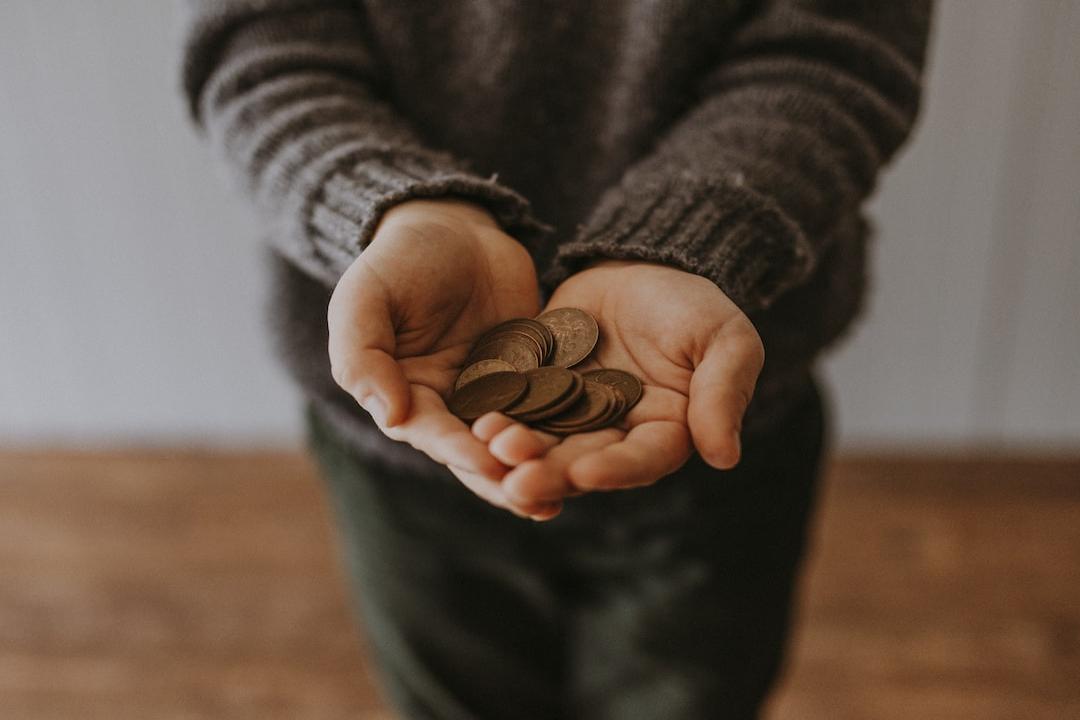The Texas Bitcoin reserve bill (SB 21) passed a House committee vote on May 7.
The Committee on Delivery of Government Efficiency approved it 9–4, along party lines. It now heads to the full House for a final vote.
SB 21 allows the state comptroller to manage a Bitcoin state fund called the Texas Strategic Bitcoin Reserve. It permits investments in digital assets with a market cap of at least $500 billion over the last 12 months. At present, only Bitcoin qualifies.

Senator Charles Schwertner introduced the Bitcoin-only bill in January.
In February, lawmakers added a clause allowing other qualifying assets. The bill passed the Senate on March 6 with a 25–5 vote.
Comptroller to Oversee Bitcoin in Texas
The state comptroller, Glenn Hegar, would manage the fund. The law does not mandate purchases but authorizes holding qualifying digital assets. No taxpayer funds are allocated for this purpose.
Julian Fahrer, founder of Bitcoin Laws, posted on X that a final decision must come before June 2. That is the last day of the Texas legislative session.

If approved by the House, the bill goes to Governor Greg Abbott.
He has publicly supported crypto and accepted Bitcoin donations in his 2014 campaign. In 2023, he voiced plans to make Texas a leading crypto state.
Arizona Signs Crypto Law for Unclaimed Assets
On May 7, Arizona Governor Katie Hobbs signed a law allowing the state to take control of unclaimed digital assets after three years. The assets can be staked or used for airdrops. Profits go into Arizona’s Bitcoin and Digital Asset Reserve Fund. The law specifies that it will not use taxpayer money.
Arizona Representative Jeff Weninger said the law protects value and property rights without infringing ownership.
On May 6, New Hampshire Governor Kelly Ayotte signed House Bill 302.
It authorizes the state treasury to invest in cryptocurrencies with a market cap over $500 billion, which currently includes only Bitcoin.
On May 3, Florida lawmakers removed two Bitcoin reserve bills during a session that passed over 230 other measures.
These included fluoride bans, park protections, and mobile phone restrictions in schools. No reason was given for dropping the crypto proposals.

